Electrochemistry Tutorials
Tutorial 1
“Electrochemistry Start-Up Companies”
Daniel Esposito, Columbia University, USA
“To Start-up or not to Start-up?: Weighing the Pros and Cons of Setting up an Electrochemistry Start-up Company”
Toon Baars, Ivium Technologies, Netherland
“Commercialisation of Scientific Instruments”
Bong Kyun Oh, i-SENS, Inc., Korea
“Electrochemical Biosensors for Start-up Company in the Clinical Fields”
The field of electrochemistry presents countless opportunities to impact real-world technologies, with applications spanning energy, healthcare, environment, materials processing, chemical industry, and so much more. However, translating exciting scientific discoveries from the laboratory to a commercial product can be a slow and challenging process. In this tutorial, three tutorial speakers will share their experiences and/or perspectives about setting up an electrochemistry-based start-up company and helping it grow. Topics will include but are not limited to (i) sources of funding, (ii) trying to find product-market fit, (iii) intellectual property, (iv) technoeconomic analysis, and (iv) challenges to getting a start-up company off the ground. The tutors of this session work for and/or are involved with companies at very different stages of development (2-20 years), different sizes (2-700 employees), and different applications (biosensing/medical, potentiostats/electronics, energy/chemicals).
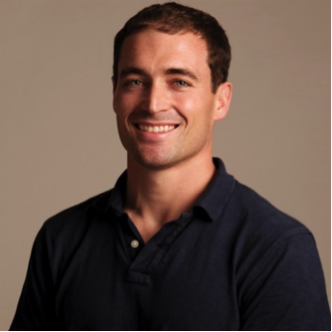
Daniel Esposito received his Ph.D. in Chemical Engineering at the University of Delaware and studied as a postdoctoral research associate at the National Institute of Standards and Technology (NIST) under a National Research Council fellowship. He is now an Associate Professor in Chemical Engineering at Columbia University, where his group’s research interests relate broadly to solar and electrochemical technologies. Esposito was named a 2017 Scialog Fellow in Advanced Energy Storage and received an NSF CAREER to study electrochemical reactions at buried interfaces. Additionally, he is a co-founder of sHYp, an early-stage start-up company that is developing electrolysis technologies for maritime applications.
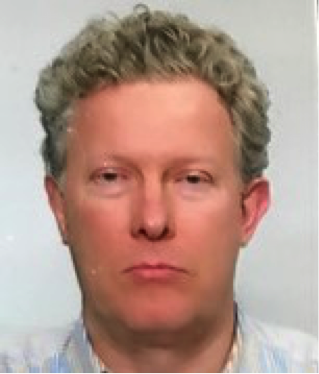
Antonie Baars is CEO at Ivium Technologies in the Netherlands. He received his Ph.D Electrochemistry in 1993, from the University Utrecht, Netherlands. He was an Assistant professor at Fukui University, Japan 1995-1997, after which he continued his career in the commercial sector. In the period 1995-1997, he was development manager at Metrohm Autolab, creating Electrochemical Instrumentation. Thereafter in 1999-2003, he was a project manager in the semiconductor industry, at ASML. Following this, he founded Ivium Technologies, which is currently one of the leading suppliers of Electrochemical instrumentation.
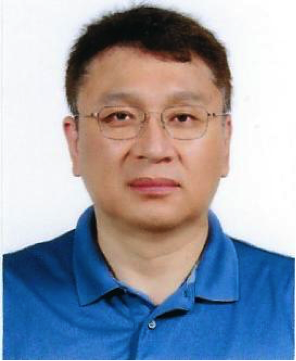
Bong Kyun Oh is the head of diagnostic R&D at i-Sens in South Korea. He received his Ph.D. in Analytical Chemistry at the University of Michigan and studied at the University of North Carolina at Chapel Hill as a postdoctoral research associate. He has a career at Nova Biomedical and Siemens Healthcare Diagnostics (currently Siemens Healthineers) where he developed medical electrochemical biosensors for blood diagnostic system. His research group in i-Sens focused on development and commercialization of a variety of medical devices, including electrochemical biosensors
Tutorial 2
“Electrolyte design principles for Li-ion batteries”
Hee Tak Kim, KAIST, Korea
“Liquid electrolyte of Li Batteries : From fundamentals to applications”
Sang-Young Lee, Department of Chemical and Biomolecular Engineering, Yonsei University, Korea
“Understanding Polymer Electrolytes for Li Batteries”
Yoon Seok Jung, Yonsei University, Korea
“All-Solid-State Batteries: From Materials to Fabrication at Scale”
This course provides basic understanding of liquid electrolyte, polymer electrolyte, and inorganic solid electrolyte design for lithium batteries. Starting with chemical feature of the electrolytes, the tutorial will provide organized explanation on the correlation between the electrochemical and physical properties of electrolyte and the performances of lithium batteries. Microscopic structure, electrolyte/electrode interface structure, and SEI formation at the interface are reviewed and also discussed from the electrolyte design aspect.
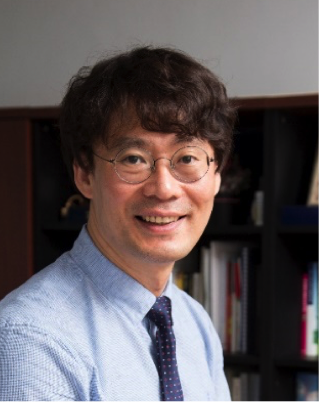
Hee-Tak Kim is an Associate Professor of Department of Chemical and Biomolecular Engineering at KAIST. Hee-Tak Kim received his B.S. from the Department of Chemical Engineering at Korea Advanced Institute of Science and Technology (KAIST) in 1993. Then, he finished his M.S. (1995) and Ph.D. (1999) degrees in the same department. From 1999 to 2003, he led lithium sulfur battery and lithium ion polymer development as a project leader at Institute for Advanced Engineering, which is the central R&D center for Daewoo group. In 2003, he joined the R&D center of Samsung SDI, and had involved in various R&D programs including lithium ion battery, lithium sulfur battery, direct methanol fuel cell, and polymer electrolyte fuel cell. He joined the faculty of KAIST in 2013 and established electrochemical energy device lab. He has published more than 140 papers and registered 100 patents. His research interest includes advanced lithium batteries, aqueous redox batteries, fuel cells, and electrolysis.
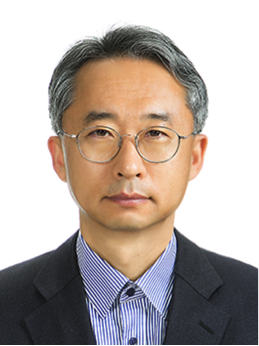
Sang-Young Lee is an Underwood Distinguished Professor of Department of Chemical and Biomolecular Engineering at Yonsei University, and a CTO of Ubatt (a start-up battery company spin-off from Yonsei University), Korea. He received BA in Chemical Engineering from Seoul National University in 1991, MS, and PhD in Chemical Engineering from KAIST in 1993 and 1997. He served as a postdoctoral fellow at Max-Planck Institute for Polymer Research from 2001 to 2002. Before joining Yonsei University, he worked at Batteries R&D, LG Chem as a principal research scientist and were responsible for developing safety-reinforcing separators (SRS, ceramic-coated separators) which are indispensably used in electric vehicle batteries. His research interests include advanced polymer electrolytes, separator membranes, printed power sources, flexible/wearable batteries, and cellulose-based paper batteries.
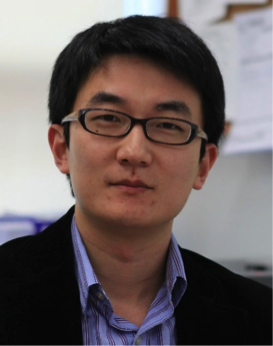
Yoon Seok Jung is an Associate Professor of Department of Chemical and Biomolecular Engineering at Yonsei University, South Korea. He received his B.S. and Ph.D. degrees (2008) in Chemical Engineering from Seoul National University, having trained as an electrochemist and materials scientist and conducted postdoctoral research at University of Colorado Boulder, the University of Texas at Austin, and NREL (2008-2011). He was an Associate Professor at UNIST (2011–2018) and Hanyang University (2018-2020). His research interests cover solid electrolytes and electrodes for rechargeable batteries, especially all-solid-state batteries. He served as a Guest Editor of Energy Storage Materials and is also an Editorial Board Member of Batteries & Supercaps and Scientific Reports.
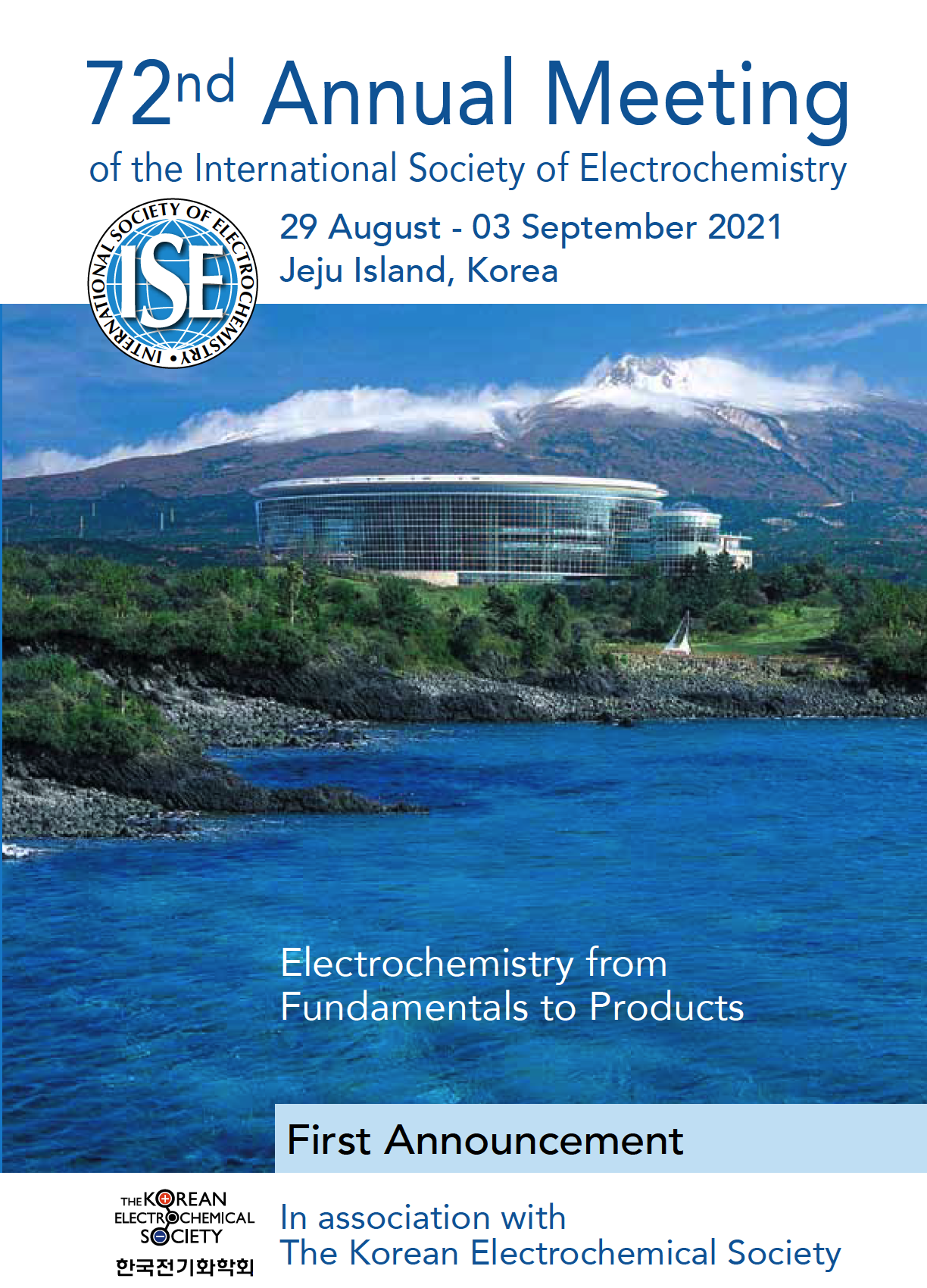 Brochure
Brochure